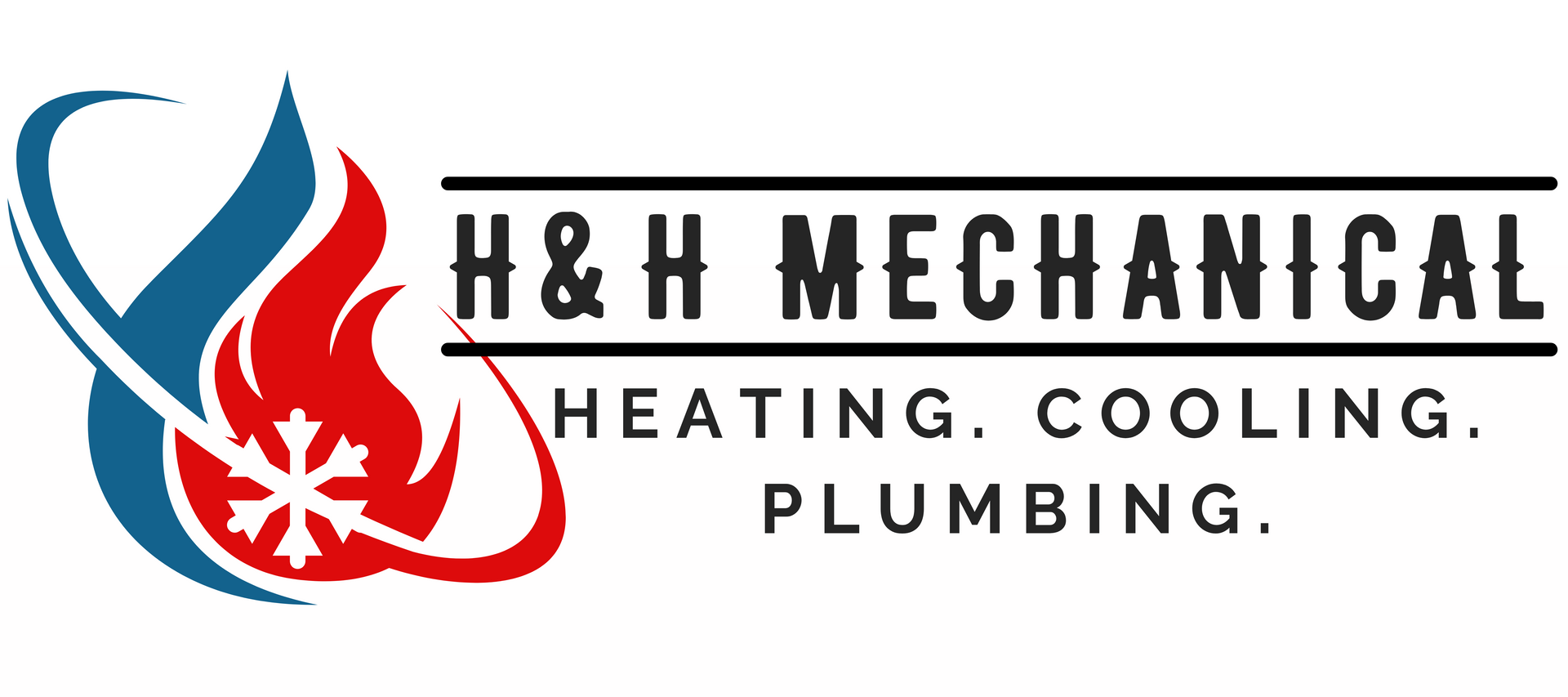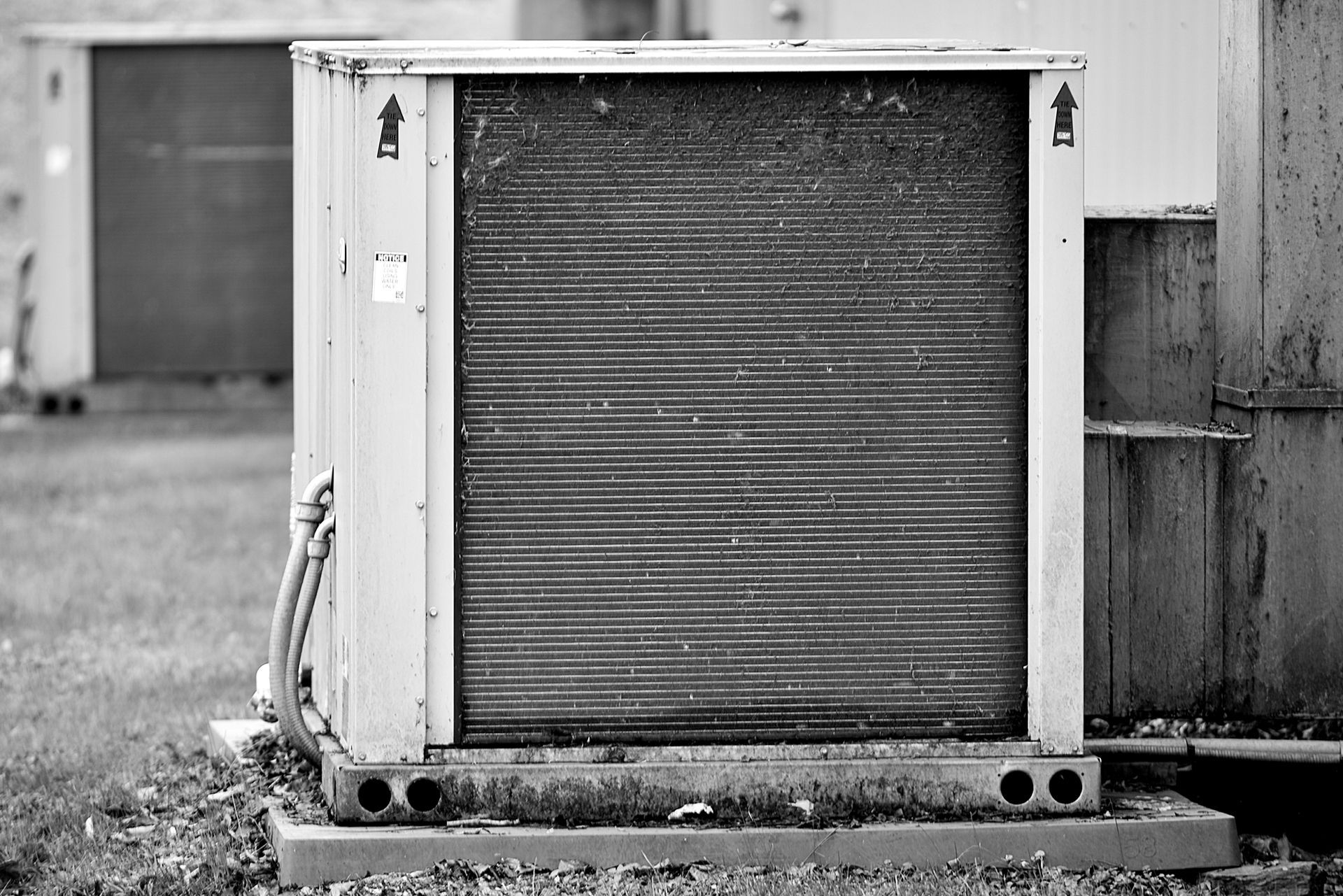How to Get the Best Results from Your New HVAC System
Congratulations on installing your new HVAC system! Whether you’ve upgraded your old unit for efficiency, sustainability, or better performance, here are some tips to help you maximize your investment and enjoy a comfortable home environment year-round.
1. Proper Installation
The performance of your HVAC system starts with proper installation. Ensure that a certified professional installs your system. Mistakes during installation can lead to short cycling, inefficient energy use, and uneven heating or cooling.
2. Regular Maintenance
Regular maintenance is key to keeping your HVAC system operating at peak efficiency. Schedule inspections at least twice a year (spring for cooling and fall for heating). Regular checks should include cleaning or replacing filters, inspecting and cleaning air ducts, checking for leaks, assessing thermostat operation, and ensuring that all components are in good working order.
3. Use a Programmable Thermostat
A programmable thermostat can be a game-changer for enhancing your HVAC system’s efficiency. You can set your thermostat to automatically lower the heat or raise the air conditioning when you’re not home, and adjust to a more comfortable temperature when you return. This prevents unnecessary heating or cooling and can significantly reduce your energy bills.
4. Optimize Air Flow
Ensure that the air flow throughout your home is unrestricted. Keep vents and registers clear of furniture, rugs, and drapes. Consider having your ductwork professionally cleaned if you notice substantial dust buildup, which can inhibit air flow and lower the system's efficiency.
5. Upgrade Insulation
Good insulation helps maintain your indoor temperature, reducing the workload on your HVAC system. Check and upgrade insulation in key areas such as attics, walls, floors, and basements. Additionally, sealing gaps around doors and windows can prevent air leaks.
6. Use Energy-Efficient Windows
Consider investing in energy-efficient windows if you haven’t already. These windows are designed to keep heat in during winter and out during summer, which can significantly decrease the heating and cooling demands on your HVAC system.
7. Be Mindful of Appliance Heat
Appliances and lighting can generate a lot of heat. Be mindful of where you place lamps, TVs, and computer screens in relation to your thermostat, as this could cause your HVAC to run longer than necessary.
8. Utilize Ceiling Fans
Ceiling fans can assist in circulating air throughout rooms, making them feel cooler during the summer without lowering the thermostat. In winter, reversing the direction of the fan pushes warm air down from the ceiling.
9. Check and Adjust Vents
Regularly check the vents in your home to make sure they’re directed where cooling or heating is needed the most. Sometimes adjusting the vent direction can improve a room's comfort immensely.
10. Educate Yourself and Family
Understanding how your HVAC system works and educating your family on best practices for its use can optimize performance. Keeping doors and windows closed, using fans when necessary, and adjusting the thermostat according to the weather conditions and time of day can all contribute to better system performance.
By following these tips, you can ensure that your HVAC system runs efficiently, lasts longer, and provides consistent comfort throughout the year. Remember, a well-maintained HVAC system not only saves you money but also improves your overall indoor air quality and comfort.






